Five Aggregates: Understanding Theravada, Psychology and Soteriology
$38.69
Description
If Buddhism denies a permanent self, how does it perceive identity? According to Buddhist texts, the entire universe, including the individual, is made up of different phenomena, which Buddhism classifies into different categories: what we conventionally call a “person” can be understood in terms of five aggregates, the sum of which must not be taken for a permanent entity, since beings are nothing but an amalgam of ever-changing phenomena. Although the aggregates are only a “convenient fiction,” the Buddha nevertheless made frequent use of the aggregate scheme when asked to explain the elements at work in the individual.
In this study Mathieu Boisvert presents a detailed analysis of the five aggregates (pañcakkhandhā) and establishes how the Theravda tradition views their interaction. He clarifies the fundamentals of Buddhist psychology by providing a rigorous examination of the nature and interrelation of each of the aggregates and by establishing, for the first time, how the function of each of these aggregates chains beings to the cycle of birth, death and rebirth — the theory of dependent origination (paticcasamuppāda). Boisvert contends that without a thorough understanding of the five aggregates, we cannot grasp the liberation process at work within the individual, who is, after all, simply an amalgam of the five aggregates.
The Five Aggregates represents an important and original contribution to Buddhist studies and will be of great interest to all scholars and students of Buddhism.
Author: Boisvert, Mathieu
Topic: Religion – World Religions
Media: Book
ISBN: 889202575
Language: English
Pages: 184
Additional information
| Weight | 0.5 lbs |
|---|---|
| Dimensions | 8.9 × 6 × 0.3 in |


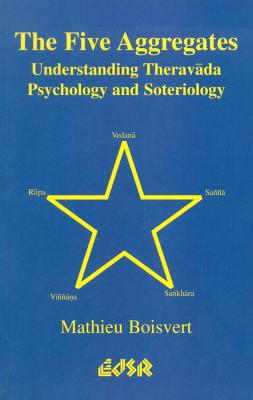


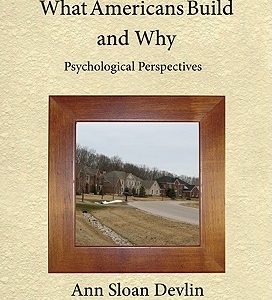
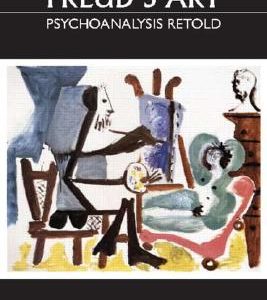



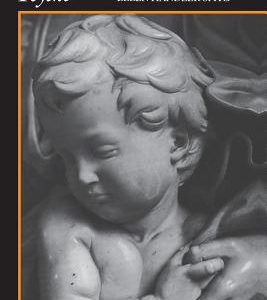


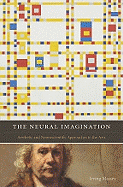

Reviews
There are no reviews yet.